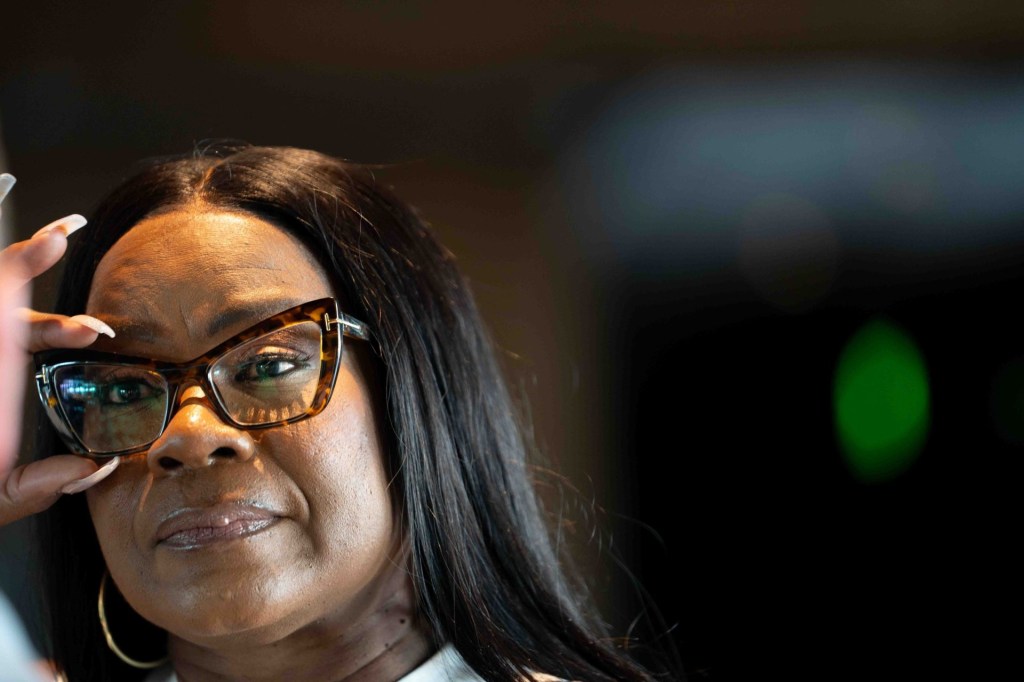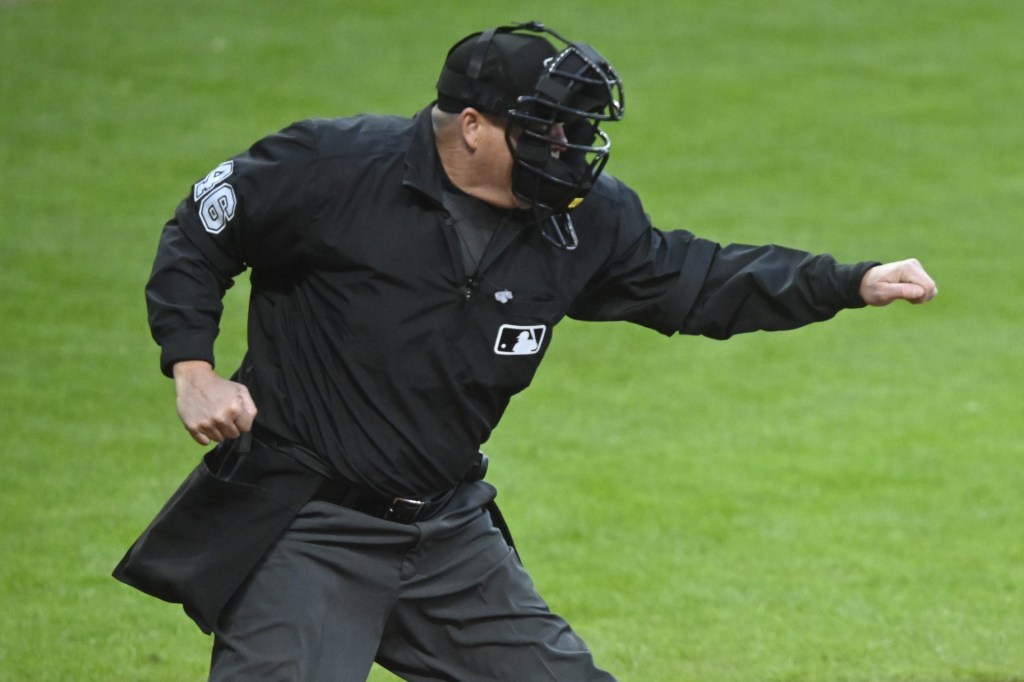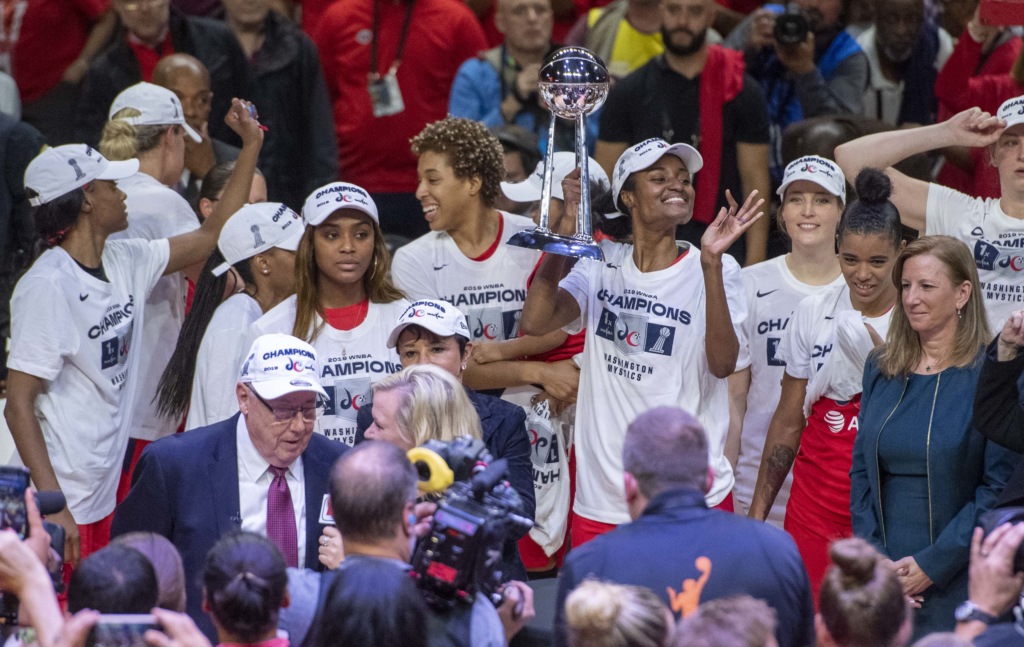
When it became clear in the late spring that the WNBA season would be delayed and fans kept out of arenas, league executives came together to plan not only for 2020 but beyond.
As WNBA Commissioner Cathy Engelbert and the players’ association negotiated the structure of a season, a group message among the league’s chief operating officers kept executives in lock-step and moving toward continued growth.
“We’re competitors on the court, but off the court, we’re all pulling for the same goal, and that’s growing this league,” Connecticut Sun Vice President Amber Cox said. “So [we were] sharing best practices and looking across social content, especially in that timeframe where we didn’t know what was going to happen with the season.”
While the WNBA is a growing league, it still relies heavily on gameday revenue despite Engelbert’s emphasis on growing sponsorship revenue. Particularly on the heels of a new collective bargaining agreement between the league and its players, signed in January, the pressure was on all teams to creatively generate revenue and not lose financial footing.
Phoenix Mercury COO Vince Kozar organized individualized check-ins with each season ticket account holder, not only to gauge their ability to pay but make a personal connection during the pandemic. About 95% of Mercury season-ticket holders had already paid in full, but the team missed out on sales in the typical spring lead-up to opening night.
Because the league committed to a more significant investment in player well-being, it was understood revenue had to grow in turn, Kozar said, with local teams’ business clearly geared around ticket sales.
As the Mercury fleshed out a business plan around the 2020 WNBA season at a “clean site” at IMG Academy campus in Bradenton, Fla., the team continued to prioritize outreach to season-ticket holders. That included hosting virtual Q&As with the team’s coach and general manager as well as new roster acquisitions. Because of the interpersonal connection the Mercury fostered, it wasn’t long before fans returned the favor, reaching out to their account representatives for reverse check-ins.
Both the Mercury and reigning WNBA finalist Connecticut Sun are expanding the access season-ticket holders will get throughout the season from what WNBA players have already nicknamed the “Wubble.” The Mercury hosted a joint event with the Seattle Storm featuring the legendary Diana Taurasi and Sue Bird, in which both players announced to the exclusive group of fans that they would return for the 2020 season. Phoenix even sold a few new small-group packages for 2021 thanks to live video events with Kozar and his staff connecting with local fans.
Connecticut put together a “Best Seat in the House” package with a membership t-shirt and committed, like Phoenix, to continued virtual events with these fans throughout the season. WNBA rules mandate two players from the home team must sign autographs after each game, so the Mercury will offer two players to ticket-holders after each technically designated home game on their 2020 schedule.
“As much as we can, we want to keep their benefits normalized virtually,” Cox said.
Gate revenue isn’t all that’s missing when games happen in faraway Florida. Sponsorships are less successful in an entirely virtual environment. And even as the WNBA has grown, most of its sponsors are local, and those sponsorships are harder to activate with the whole league at one site.
Most in-arena activation, Kozar said, will move to broadcasts on the team’s local affiliate station, Fox Sports Arizona. Others such as Kroger subsidiary and key Mercury partner Fry’s Food and Drug are activated by players visiting employees in Fry’s offices and fans winning tickets based on how often they shop at the grocer. Kozar and his staff had to get creative about how to give Fry’s similar benefits on broadcasts and through digital content. Still, other partners have been hit even harder financially and had to re-evaluate their relationship with the team.
Engelbert has proclaimed since taking over in summer 2019 that WNBA partners should be good philosophical matches for a progressive women’s sports league. Because of that targeted deal-making, both executives agreed that sponsors are eager to stay onboard even amid turmoil.
Yet like sponsorship activation, merchandise is also harder to sell when excited locals aren’t purchasing in the spur of the moment after a big win. Both executives said e-commerce, which has seen a boost for women’s sports products over the past year or so already, will be important.
In addition to their successful partnership with New Haven-based Campus Customs, the Sun in 2019 capitalized on the WNBA Players’ Association’s partnership with merchandise company BreakingT to craft a half-dozen t-shirt concepts during the team’s playoff run alone. They did so, Cox said, in part because of the efficiency they noticed after former guard Shekinna Stricklen won the 2019 Three-Point Contest, and BreakingT pushed out a “Strickly Buckets” tee that was on racks by the next Sun home game after the All-Star break.
“The emergence of some of those [e-commerce] vendors and partners has allowed us to have smaller numbers if we need it,” Cox said, “and more importantly, a quick turn.”
The WNBA has long been defined by the closeness among C-suite decision-makers across all 12 teams. This closeness among WNBA COOs can present dynamic solutions and a league-wide strategy that has room to improve.
Relationships between teams help bring initiatives like the Sun’s 2019 season rewatch to life, which took place throughout the summer, led by a newly hired social media manager. The team’s broadcast partner, NESN, aired games, and rival teams chimed in as well. The Sun coupled retro game coverage with player-centric content, including a few episodes of a Facebook cooking show with point guard Jasmine Thomas.
“It really makes you think outside the box with what you normally wouldn’t do,” Cox said, “because [most years], it’s the season, then [the players] are overseas and you’re covering what they’re doing overseas, and there’s some of that player-related content, but this was a chance for us to show the personal side of them.”
Those connections the rest of the season will be left to virtual fan outreach, and sponsorships managed from afar. Compared to the possibility of a lost season, executives said this is a positive step.
Though spread in multiple directions, the WNBA season begins with some momentum once again. A league that proudly stands for social justice and invites like-minded partners may be set up to maintain those relationships better than other leagues. To continue growing, which is a priority even during the pandemic, the league will take Engelbert’s lead in prioritizing new sponsorships and a broader coalition of progressive partners.
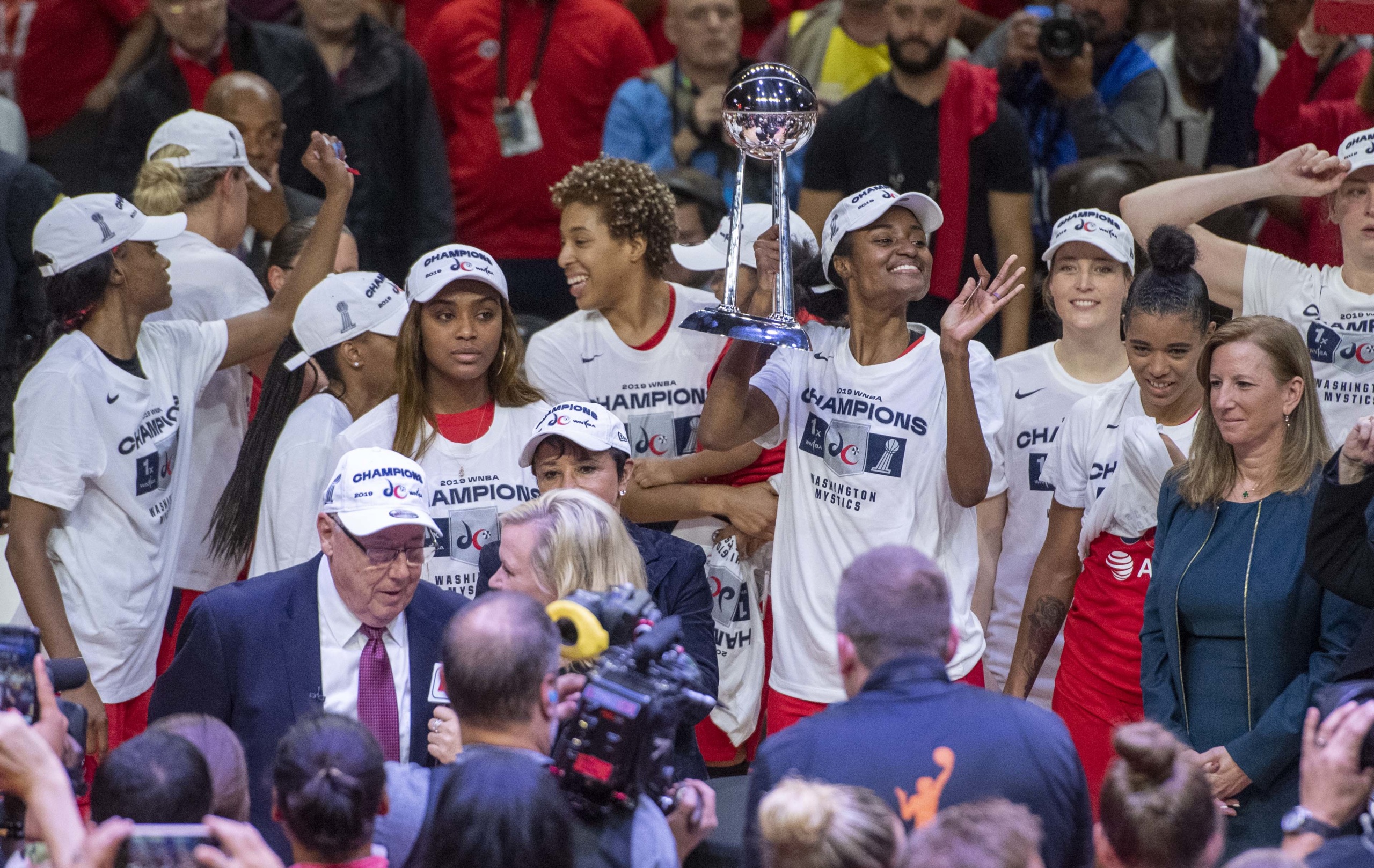
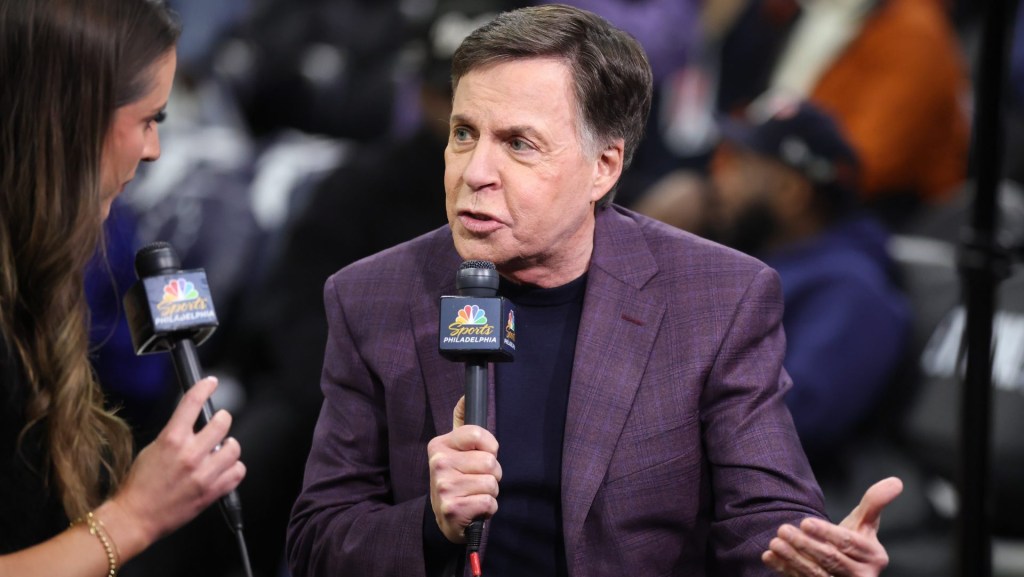





![[Subscription Customers Only] Jun 15, 2025; Seattle, Washington, USA; Botafogo owner John Textor inside the stadium before the match during a group stage match of the 2025 FIFA Club World Cup at Lumen Field.](https://frontofficesports.com/wp-content/uploads/2026/02/USATSI_26465842_168416386_lowres-scaled.jpg?quality=100&w=1024)
![[Subscription Customers Only] Jul 13, 2025; East Rutherford, New Jersey, USA; Chelsea FC midfielder Cole Palmer (10) celebrates winning the final of the 2025 FIFA Club World Cup at MetLife Stadium](https://frontofficesports.com/wp-content/uploads/2026/02/USATSI_26636703-scaled-e1770932227605.jpg?quality=100&w=1024)


